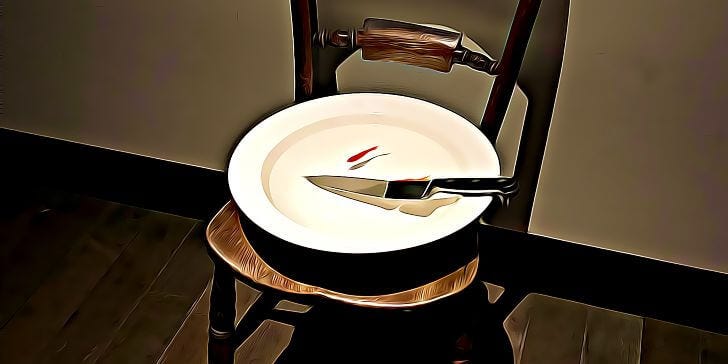3 Ideas in 2 Minutes on the Secrets of Creativity
Dream of Creativity, Rolestorming & Anonymous Creativity
Hooray! Because of your support, The Mind Collection has surpassed 1,000 subscribers. 🎉
Collectively you come from 69 countries across the world. But I’d like to thank each and every one of you for reading my essays and newsletters. Every like, share, subscription and personal feedback makes me genuinely happy and grateful that I get to share ideas with you.
A very special thank you goes out to all paid supporters and Patrons. I put a lot of time into The Mind Collection. Your contributions go a long way in making sure I can keep writing.
I. Dream of Creativity
What is creativity? It’s hard to say. Music producer Rick Rubin likens it to a dream:
I think the best way to think about [creativity] is like a dream. If you think about your dreams, they don’t necessarily make sense. When you wake up you might remember part but not the whole thing.
Then if you start writing them down, they’ll come back. And they may not make sense to you. They will be a series of abstract images. And maybe someday in the future you’ll be able to look back and understand what they mean, and maybe not. And that’s sort of how the art-making process works.
We’re making things and we’re looking for a feeling in ourselves and it could be a feeling of excitement or enthusiasm, a feeling of interest, a feeling of curisoity and wanting to know more, a feeling of leaning forward. And we’re following that energy in our body when we feel there’s something here. I wanna know more.
But I’d say, it’s not an intellectual process. It’s a different thing. It’s hard to even talk about it because it’s so elusive.
—Rick Rubin, Huberman Lab Podcast
II. Rolestorming
Creatives come up with novel ideas or connect existing ones to develop new perspectives on old problems. Since that requires deviating from the norm, it can be an intimidating task.
Rolestorming is a brainstorming technique that’s used to overcome such limitations. The idea is to roleplay as someone else, taking on their attitude, personality traits and ways of thinking. Say you’re supposed to come up with unconventional ideas during a meeting. You could adopt the identity of Harry Potter or Richard Feynman and approach the task as your alter ego.
Performing in the role of someone else can supposedly ease inhibitions and give you the licence to generate ideas and do things you wouldn’t otherwise. As long as you’re not the only one in your meeting pretending to be a boy wizard, I guess.
III. Anonymous Creativity
Being rich and famous is often the goal for creatives; or at least a welcome byproduct. Indian philosopher Jiddu Krishnamurti explains why they should strive for Anonymous Creativity instead:
Have you ever thought about it? We want to be famous as a writer, as a poet, as a painter, as a politician, as a singer, or what you will. Why? Because we really don't love what we are doing. If you loved to sing, or to paint, or to write poems — if you really loved it — you would not be concerned with whether you are famous or not. [...]
You know, it is good to hide your brilliance under a bushel, to be anonymous, to love what you are doing and not to show off. It is good to be kind without a name. That does not make you famous, it does not cause your photograph to appear in the newspapers. Politicians do not come to your door. You are just a creative human being living anonymously, and in that there is richness and great beauty.
—Jiddu Krishnamurti
So please don’t make me famous by liking or sharing this newsletter. Otherwise, we might hit 2,000 subscribers soon. 🐘
Have a great week,
Chris
themindcollection.com


